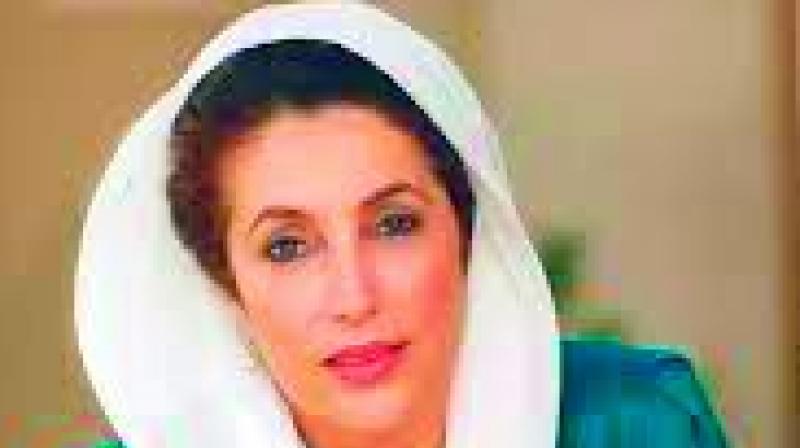Did the nuke question seal Benazir's fate a decade ago?

A week ago the BBC’s former Pakistan correspondent Owen Bennett-Jones concluded his intermittently fascinating podcast The Assassination, relating to the events that led up to the murder of Benazir Bhutto 10 years ago last December, with the opinion that the primary motivation was probably grounded in the so-called deep state’s suspicion that, if returned to office, she might compromise the nation’s nuclear status.
That’s certainly a possibility. But it’s also just one more conjecture in an incredibly sordid saga. Benazir and the Pakistan People’s Party had, after all, seldom been reticent about highlighting her dad’s status as the father of Pakistan’s nuclear bomb. We will eat grass if necessary, Zulfikar Ali Bhutto had declared after India’s 1974 nuclear test, but we will obtain a nuclear bomb. A.Q. Khan was the key instrument in fulfilling this ambition.
By 2007, A.Q. Khan had been officially outed as a serial nuclear proliferator. But foreign powers were not permitted to question him. Benazir, during her sojourn in the United States months before her projected return to Pakistan after eight years in exile, deviated marginally from that mantra by suggesting that the IAEA should be allowed access to Khan.
Did that seal her fate? According to Indian journalist Shyam Bhatia, a friend since her Oxford days, she had told him that that she was the mother of her nation’s missile programme. In the podcast, Bennett-Jones mentions that during her first stint as PM, Benazir was prevented from visiting the nation’s nuclear sites.
On the whole, concerns about her intentions in this regard lie in the realm of pure speculation. There can be little doubt, though, that Benazir’s planned return to the fray was indelibly wedded to Western interests. The deal with military dictator Pervez Musharraf was apparently brokered by the Blair and Bush administrations, the architects of the Afghanistan and Iraq disasters. A freedom-of-information request from Bennett-Jones to the UK foreign office in this regard was approved by the minister but thwarted by bureaucrats — he can’t reveal his source for this insight.
Fair enough. But this echoes one of the more intriguing revelations in the podcast, namely that Gen. Nadeem Taj, a close colleague of Musharraf’s then recently appointed as head of the ISI, visited Benazir around midnight on the night before she was killed and advised her not to attend the Liaquat Bagh rally in Rawalpindi, on the basis that there was intelligence about an assassination attempt.
Taj was among the many military/intelligence personnel who refused to speak on the record with Bennett-Jones, but the latter gathers from sources whom Taj reportedly briefed that when Benazir asked why the purported culprits could not be arrested, he responded that this would compromise intelligence sources. She declared that she would go ahead. In that case, we will do our best to protect you, Taj is said to have replied.
In the event, it clearly wasn’t enough. There were 1,300 police at the site, but few were visible after the deadly blast. There were metal detectors at entrances to the venue, as well as sniffer dogs and personnel who checked the stage. But the teenage assassin, Bilal, had determined that the target would be most vulnerable when she emerged from the rally and, as was her wont, raised her head above the parapet from her vehicle.
One of the doctors who tried in vain to resuscitate her, within an hour of the attack, was the son of a doctor who had attended to Liaquat Ali Khan after he was shot at almost the same spot in 1951.
One of the key controversies in the podcast relates to a phone call Benazir purportedly received from Musharraf while on a mission to secure US security backing. She perceived it as a threat. He denies making the call. Nothing can be verified. Benazir subsequently persisted in her efforts to obtain US protection, even at the obvious cost of being perceived as a Western puppet. Her conversation with US journalist Ron Suskind is revelatory. Blackwater never got involved, though.
The podcast might as well have been titled “The Chronicle of a Death Foretold”. It ended in a monumental tragedy, but was the idiotic Anglo-American plot that led to this carnage really worth it? Had Benazir been sensible enough to turn down the absurd proposition, she would have lived to tell the tale herself.
By arrangement with Dawn

